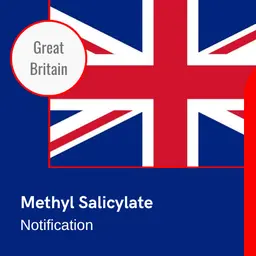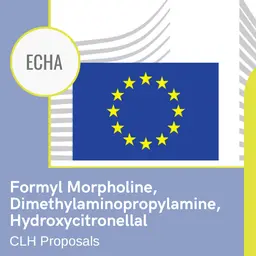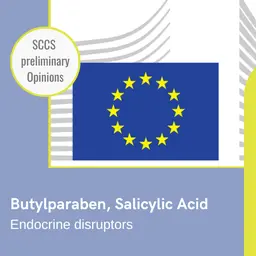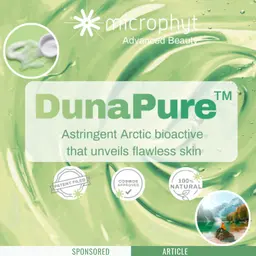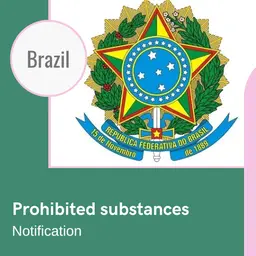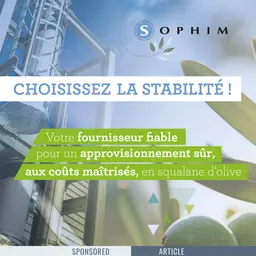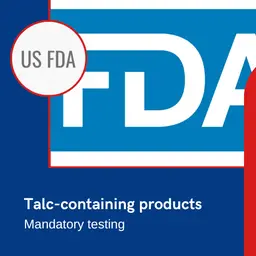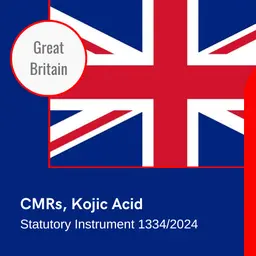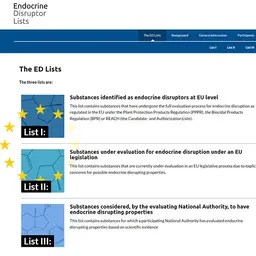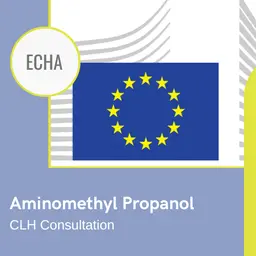
Microphyt, a leader in bioactives derived from microalgae, presents its first hair care active ingredient: Luteana™ Scalp. This natural ingredient revolutionizes the complex challenge faced by those with sensitive scalp, particularly those struggling with dry dandruff.
We understand more than ever the connection between well-being and beauty, especially our appearance. How we perceive ourselves greatly influences our self-confidence in today’s society. Suffering from hair issues, such as dandruff, can negatively affect our confidence and, consequently, our well-being. Studies have shown that dandruff affects up to 50% of the world’s population at some point in their lives1, yet it is a largely misunderstood condition. There are, in fact, two distinct types of dandruff (oily and dry), each requiring very different approaches to treatment.
Oily dandruff, as the name suggests, is characterized by an overproduction of sebum on the scalp. This imbalance leads to an excessive proliferation of the lipophilic yeast Malassezia, responsible for the stubborn yellowish flakes we see at the hair roots. There are many products on the market to treat these symptoms, and this remains the most widely recognized condition today.
Dry dandruff, on the other hand, is a specific condition that affects both our comfort, characterized by discomfort, and our appearance, marked by small white flakes that easily detach and scatter on the shoulders. It results from structural and biochemical imbalances that impair the scalp’s barrier function, leaving it dry and sensitive.
The structural imbalance of the scalp skin is caused by external factors such as weather conditions, excessive shampoo, and the use of irritating products that disrupt the skin’s natural barrier function and thin its lipid layer. This weakening leaves it unable to protect itself against disruptive elements2. This fragility leads to increased dehydration and inflammation when external factors come into contact with the scalp, creating skin sensitivity.
The biochemical imbalance is the result of an overproduction of exfoliating enzymes on the scalp, leading to desquamation and fine white flakes known as dry dandruff. A healthy scalp sheds skin scales in a controlled and uniform manner, which is painless and invisible. When this balance is disrupted, exfoliation becomes excessive, causing visible scales and discomfort, characteristic of dry dandruff3.
Seeking to apply its expertise in microalgae to meet consumer needs, Microphyt has developed its first hair care active ingredient targeting a condition rarely addressed in the market: dry dandruff.
Tisochrysis lutea: the gold of Tahiti
Despite its paradisiacal setting, the tropical lagoon around Tahiti is a hostile environment for many organisms due to high levels of acidity, salinity, phosphorus in the water, and an average temperature of 29°C. These conditions mean that only the most resilient creatures can survive in this seemingly idyllic environment. It is here that the unicellular microalgae Tisochrysis lutea was identified and isolated. Its powerful metabolism allows it to adapt to the extreme Polynesian environment and defend against external aggressions. The high presence of DHA (docosahexaenoic acid), an omega-3 fatty acid exclusive to microalgae4, and fucoxanthin, a marine carotenoid, help Tisochrysis lutea thrive in its harsh surroundings5.
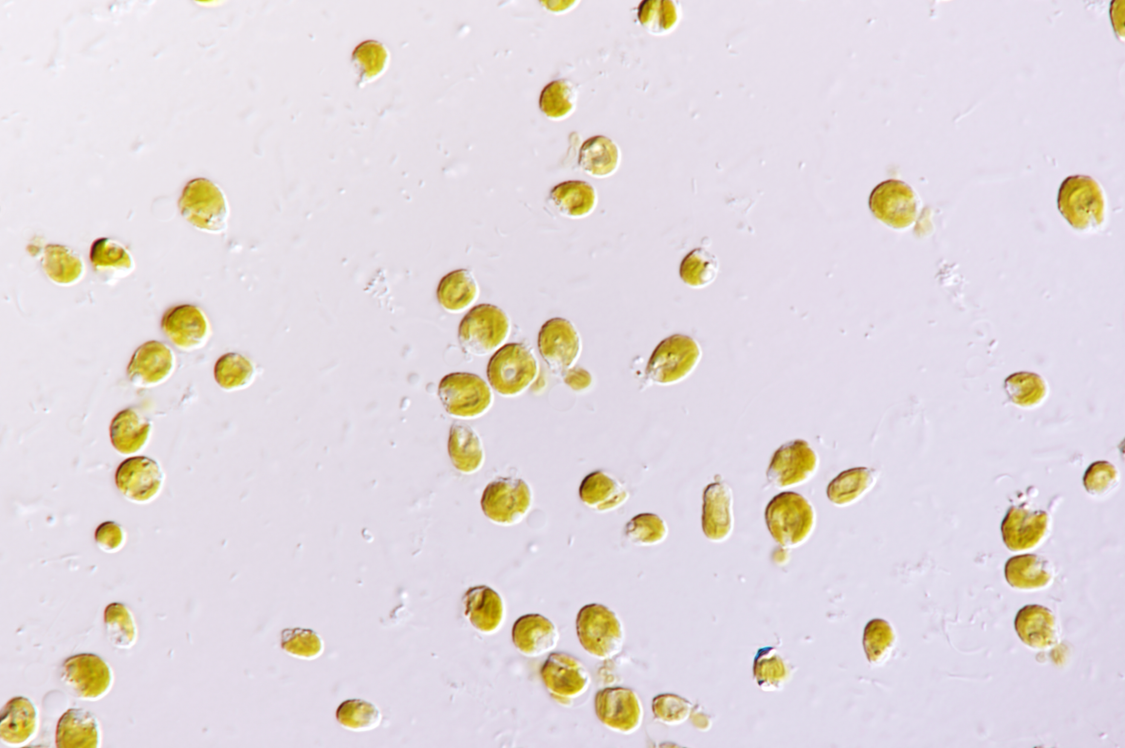
Luteana™ Scalp: a precious oil extract combining two marine molecules: DHA and fucoxanthin
As a leader in the production and commercialization of natural active ingredients derived from microalgae, Microphyt has developed and patented the first hydro-biomimetic cultivation technology capable of replicating the natural living conditions of all microalgae species at an industrial scale. This technology ensures a controlled and standardized development process without the use of GMOs, animal-derived inputs, phytosanitary products, or antibiotics. This sustainable and eco-efficient process yields high-quality biomass rich in natural molecules.
Using a specific extraction process, Microphyt has developed Luteana™ Scalp, a powerful combination of DHA and fucoxanthin designed to restore scalp homeostasis. DHA helps strengthen the skin’s hydrolipidic film to prevent excessive exfoliation, while fucoxanthin aids in controlling chronic inflammatory conditions of the skin, rebalancing its biochemical state, and soothing the scalp.
Luteana™ Scalp: an innovative solution for long-lasting prevention of dry dandruff by rebalancing and soothing sensitive scalp
Tested in-vitro and clinically on volunteers with sensitive scalp and dry dandruff, Luteana™ Scalp has demonstrated its full effectiveness:
1/ Rebalancing skin structure:
• Increases sebum levels for a better-nourished scalp
• Improves scalp hydration
2/ Rebalancing chemical messengers:
• Reduces inflammation
• Produces a calming effect
• Provides an immediate soothing effect
3/ Reducing dry dandruff:
• Visible reduction within 7 days, confirmed after 28 days
• Lasting effect observed 14 days after stopping product application
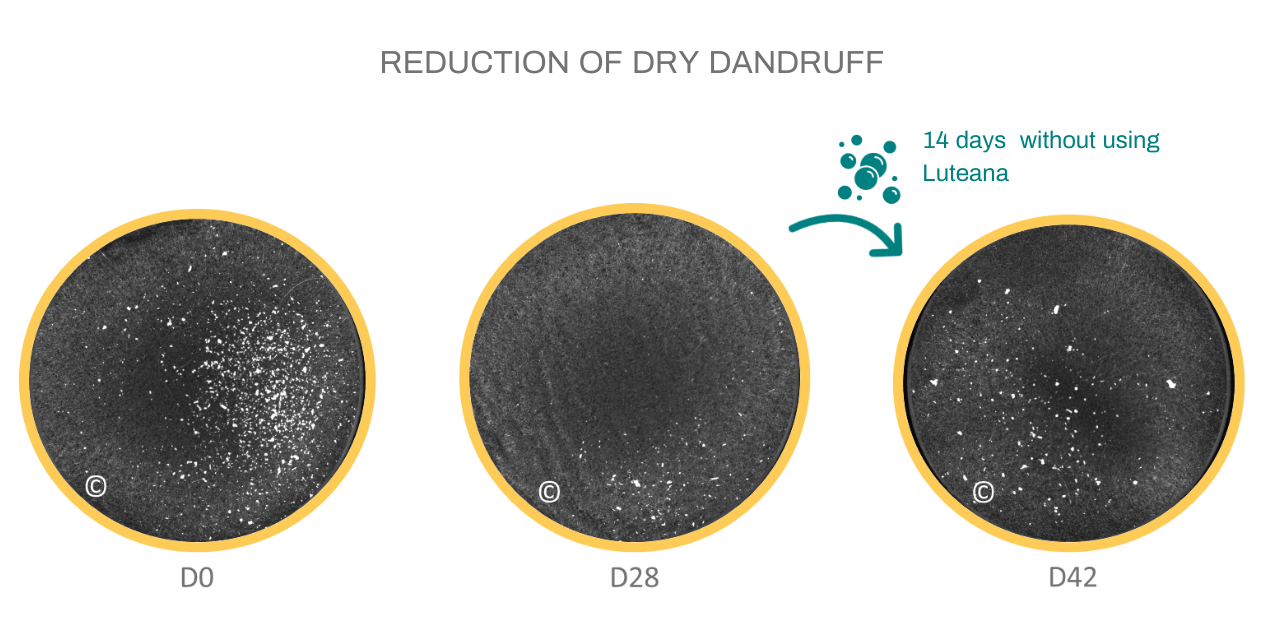
Protocol: a double-blind, placebo-controlled clinical study was conducted on volunteers with sensitive scalps and dry dandruff. Volunteers applied a serum containing 0.5% Luteana™ Scalp or a placebo to the entire scalp once daily for 28 days. Measurement of dry dandruff amount.
Technical Data
• INCI : Caprylic/Capric Triglyceride; Plankton Extract OR Tisochrysis Lutea Extract; Tocopherol
• Standardized compound: Fucoxanthin
• Preservative: none
• COSMOS: approved V4
• Naturalness (ISO 16128): 100% natural origin
• Recommended use: 0.5%
• Appearance: oil-soluble liquid
For more information: contact@microphyt.eu
1Ranganathan et al. Dandruff: the most commercially exploited skin disease. Indian J Dermatol. 2010
2Ma et al. Sensitive scalp is associated with excessive sebum and perturbed microbiome. J Cosmet Dermatol. 2018.
3Rawlings. Trends in stratum corneum research and the management of dry skin conditions. International journal of Cosmetic Science. 2003. // Zani et al. Human tissue kallikreins-related peptidases are targets for the treatment of skin exfoliating diseases. Frontiers in medicine. 2022 // Ranganathan et al. Dandruff: the most commercially exploited skin disease. Indian J Dermatol. 2010.
4Remize et al. Microalgae n-3 PUFAs Production and Use in Food and Feed Industries. Marine Drugs. 2021
5Carrier et al. Genetic and phenotypic intra-species diversity of alga Tisochrysis lutea reveals original genetic structure and domestication potential. European Journal of Phycology. 2023

